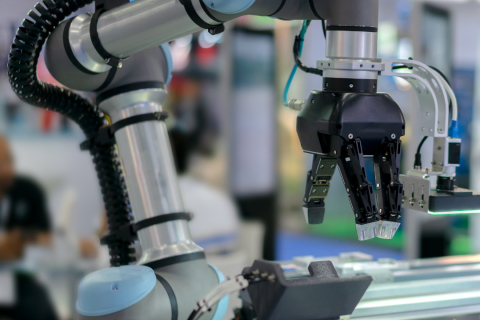
A report by Rabobank about the food industry shows that robotization will be the focus of food manufacturers in the coming years. Almost all food manufacturers the bank spoke to indicate that the lack of qualified personnel is one of the main reasons for robotization. In addition, working conditions, production costs, sustainability and flexibility are considerations to look into robotization.
Now that the tight labour market will remain a problem in the years to come, robotization offers the opportunity to achieve turnover growth without having to expand the workforce accordingly, do more with the same amount of people. In addition, robots can be deployed for specialist functions where there is a lack of skilled staff. Using robots for, for example, quality control, product placement or recipe dosing can lead to a smaller margin of error and hence, more consistent quality.
Besides the above-mentioned advantages, there are reasons not to invest in robots. The biggest barrier seems to be the current production process. The human production factor brings a lot of flexibility to the work floor. In order to earn back the investment in robots on a specific production line, certain minimum production volumes are often required. Private label producers in particular will have to examine the long tail in their range (recipes, packaging, etc.). Some manufacturers are reluctant to commit to certain product ranges or production volumes by investing in specific robots because contracts with buyers are often no long-term agreements.
